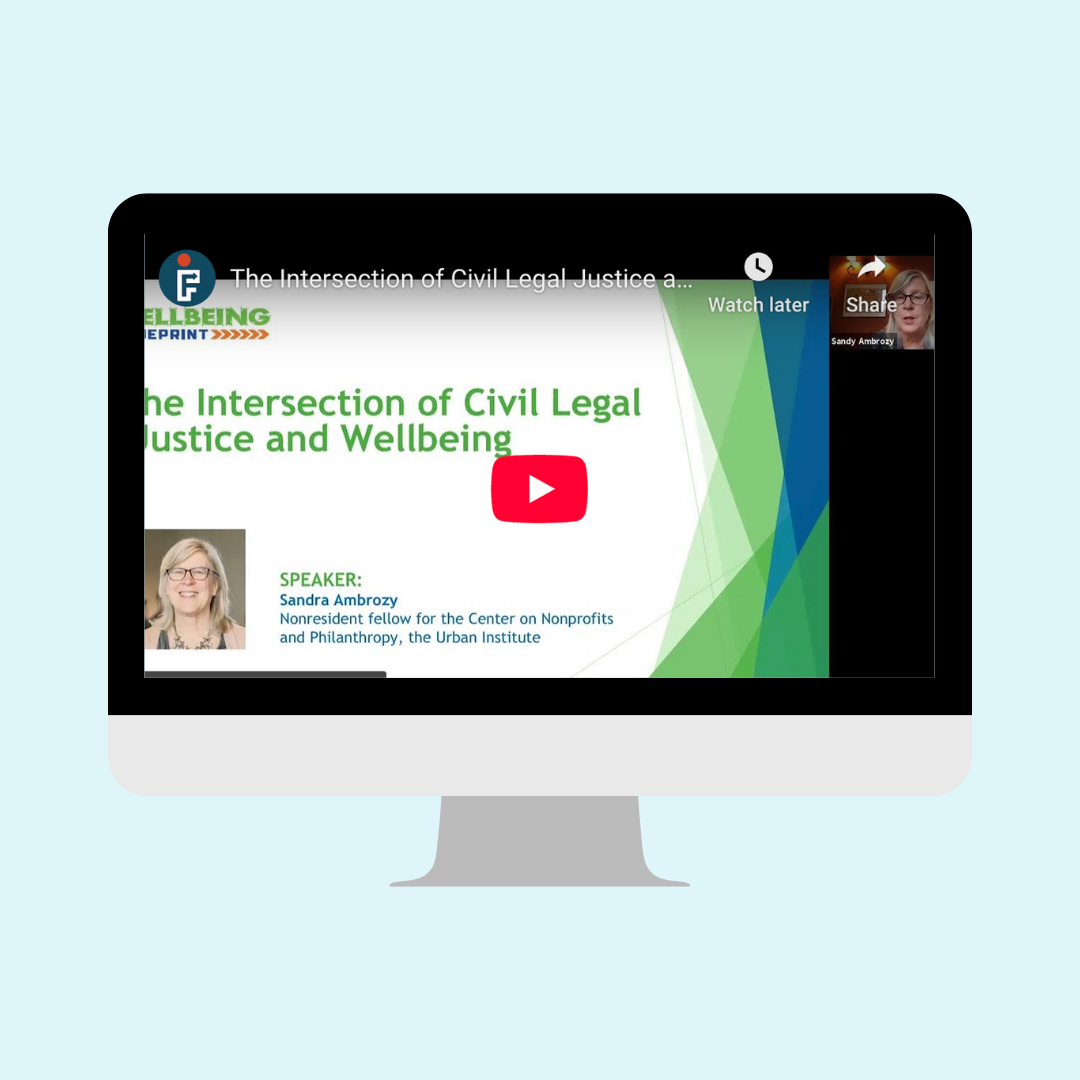
Sandra Amborzy discusses how the Wellbeing Blueprint is providing a platform to transform and connect the civil legal system with other systems to advance a justice (vs. legal) system and accelerate wellbeing.
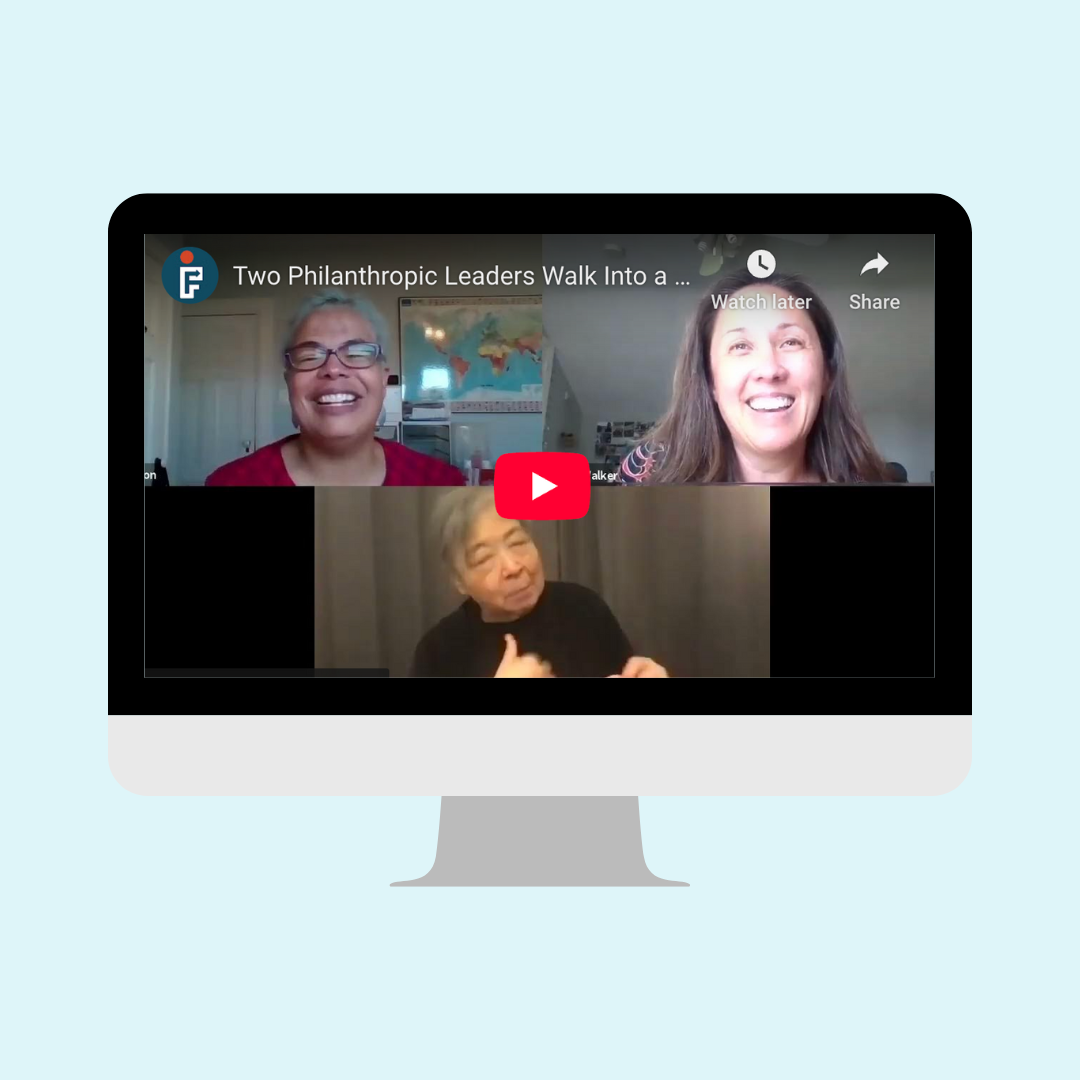
Philanthropy is a field created through the accumulation of power and money. Like so many fields — and so many of us — it needs to be healed as it helps heal. Is this possible? Is there even an alternative?
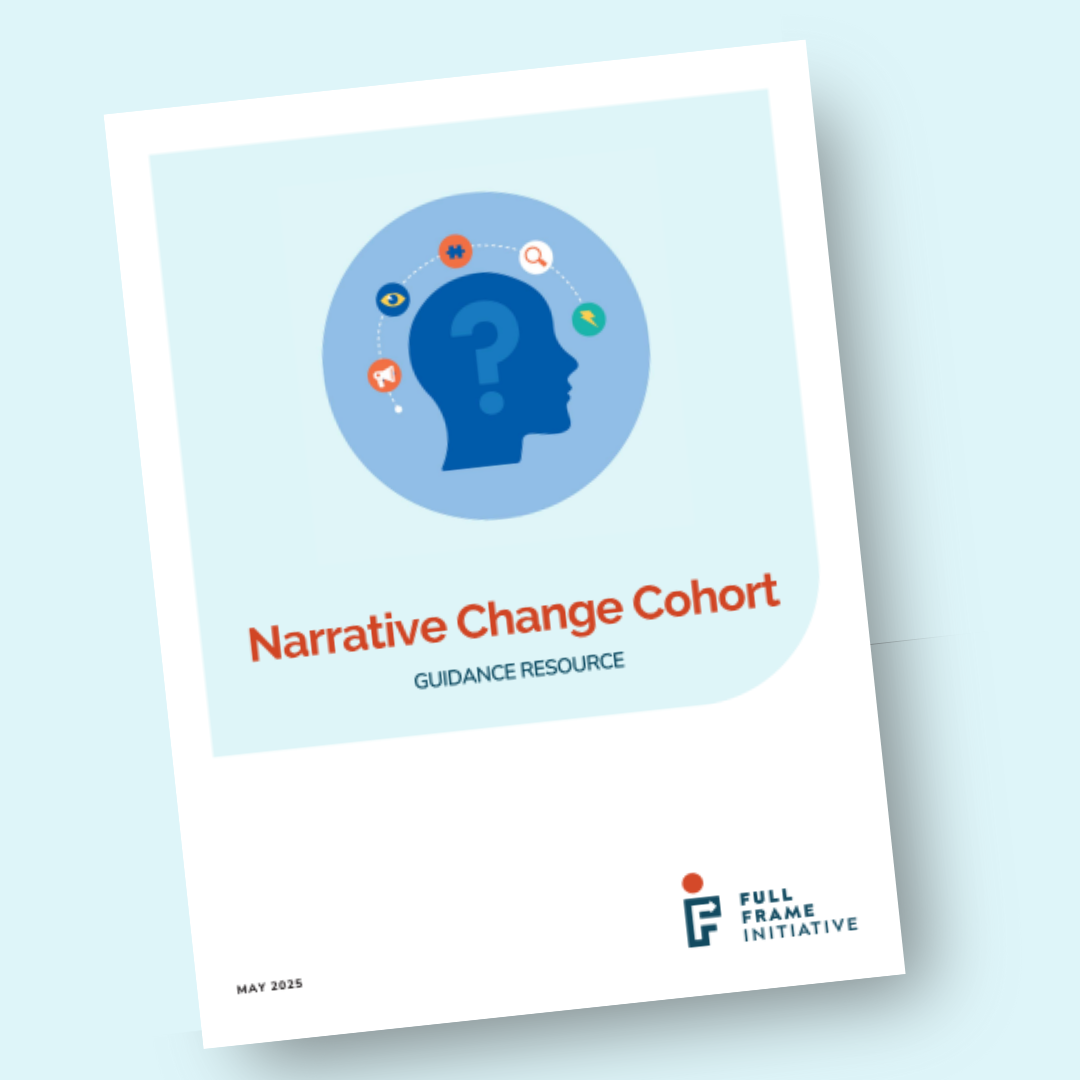
This resource is based on a 12-month cohort focused on narrative change to improve practice for older youth who have experienced foster care.
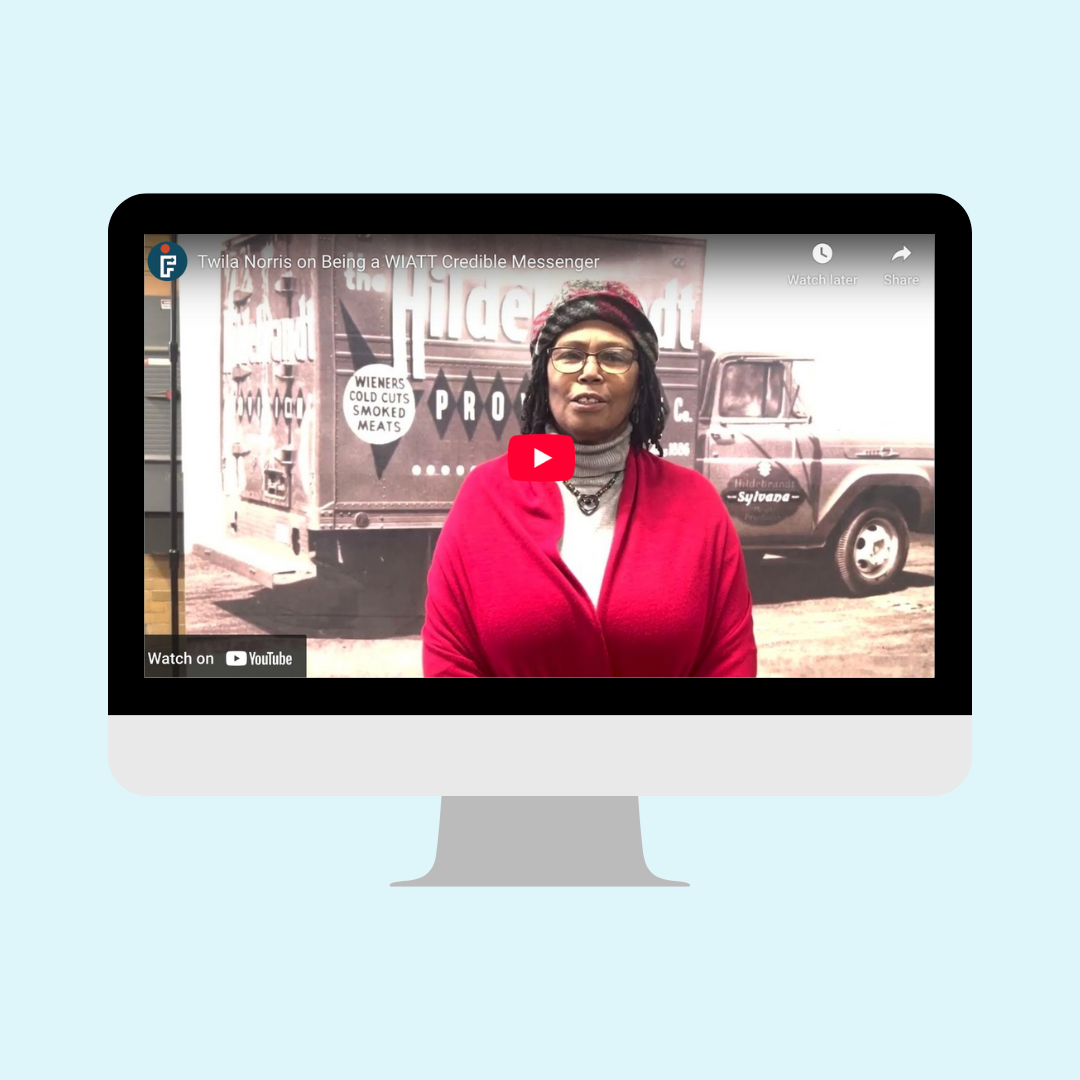
An interview with Twila Norris, a credible messenger who helped to implement our Wellbeing Insights, Assets & Tradeoffs Tool (WIATT). Resident leaders like Twila administered surveys and analyzed data to understand how the North Coast development project would impact the community's access to wellbeing.
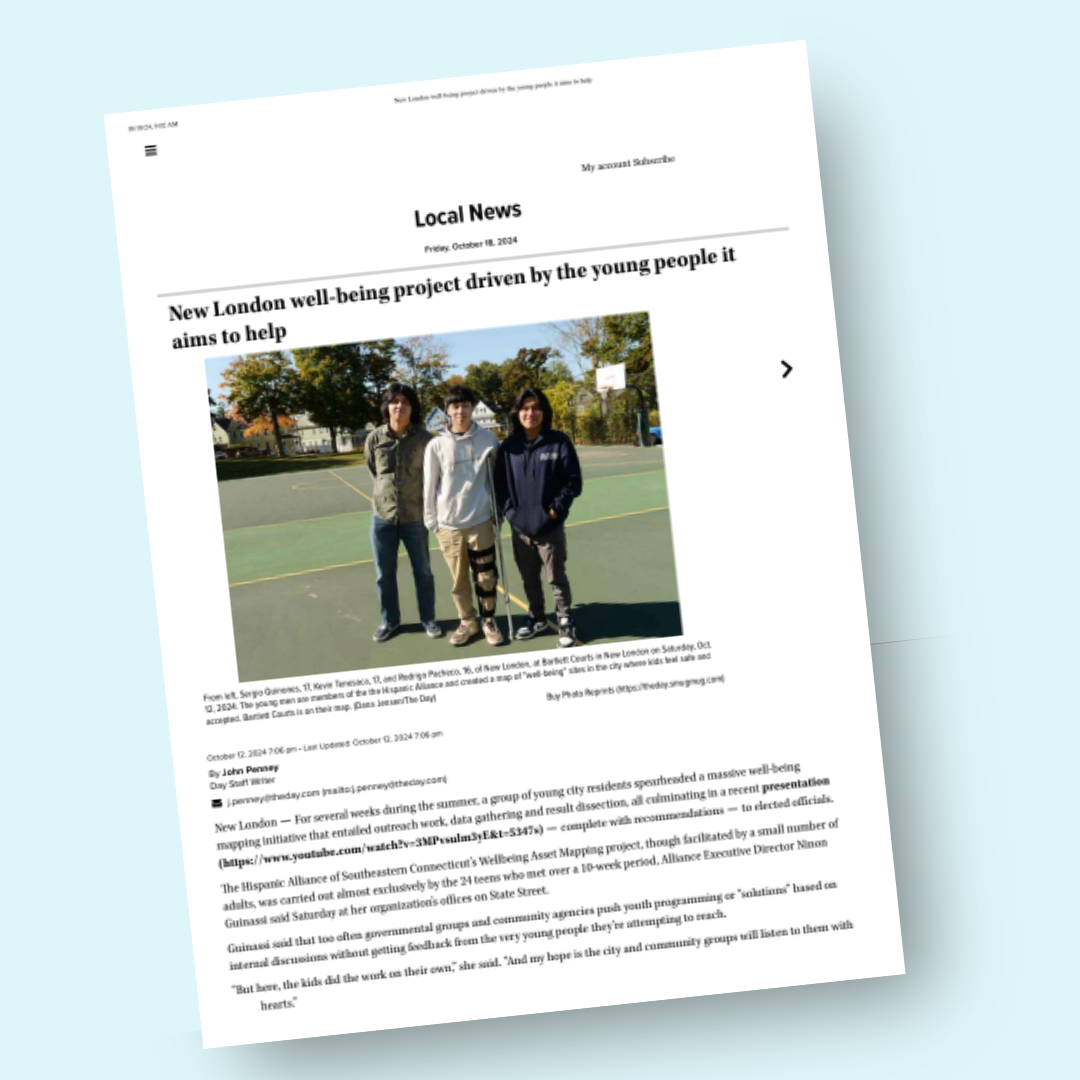
Learn how FFI partnered with the City of New London and the Hispanic Alliance of Southeastern Connecticut on a wellbeing asset mapping project.
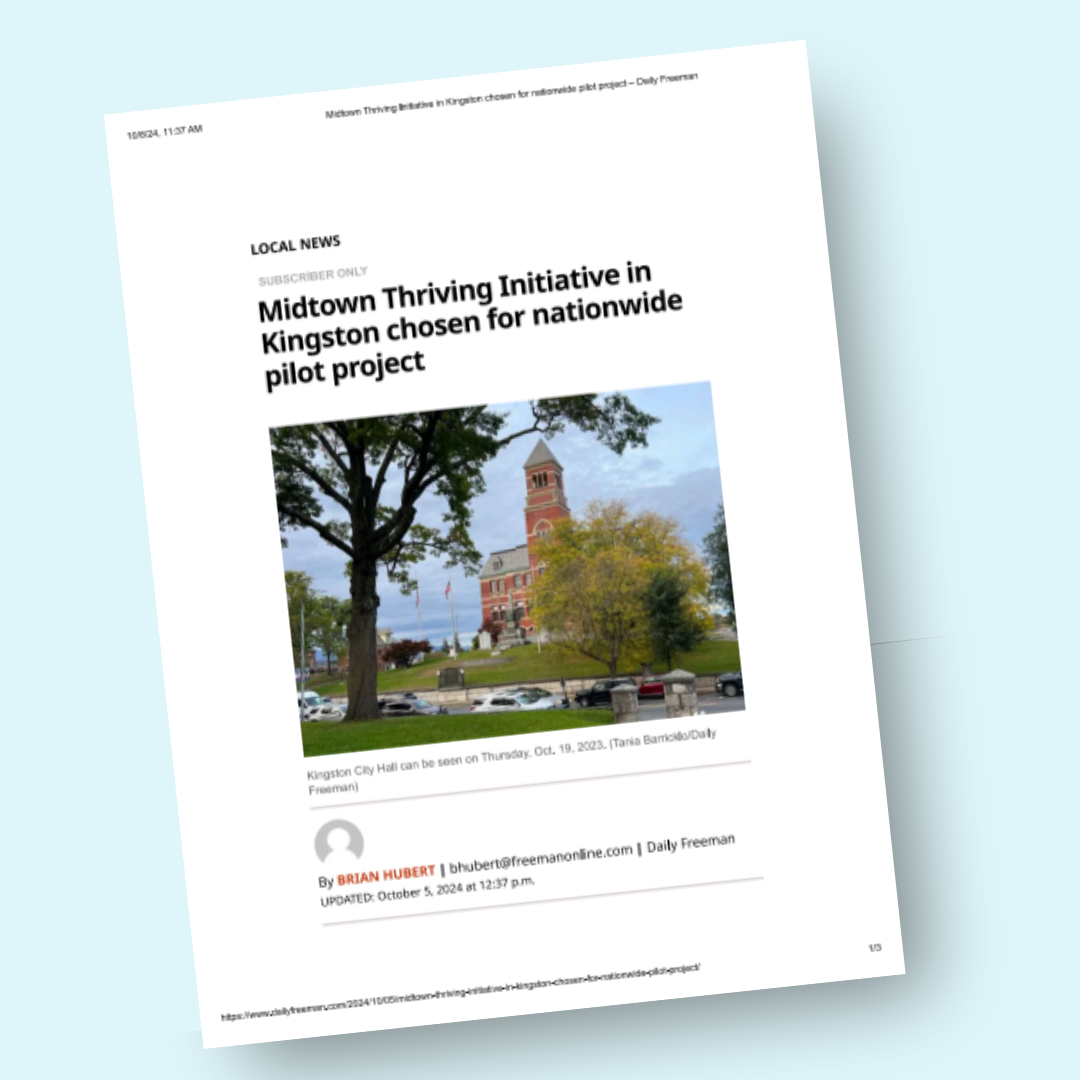
Kingston, NY's Midtown Thriving Initiative was selected by FFI as one of four nationwide pilot projects under its Community Engagement Initiative.

These guiding questions can help you to identify the assumptions that are driving narratives in your systems.
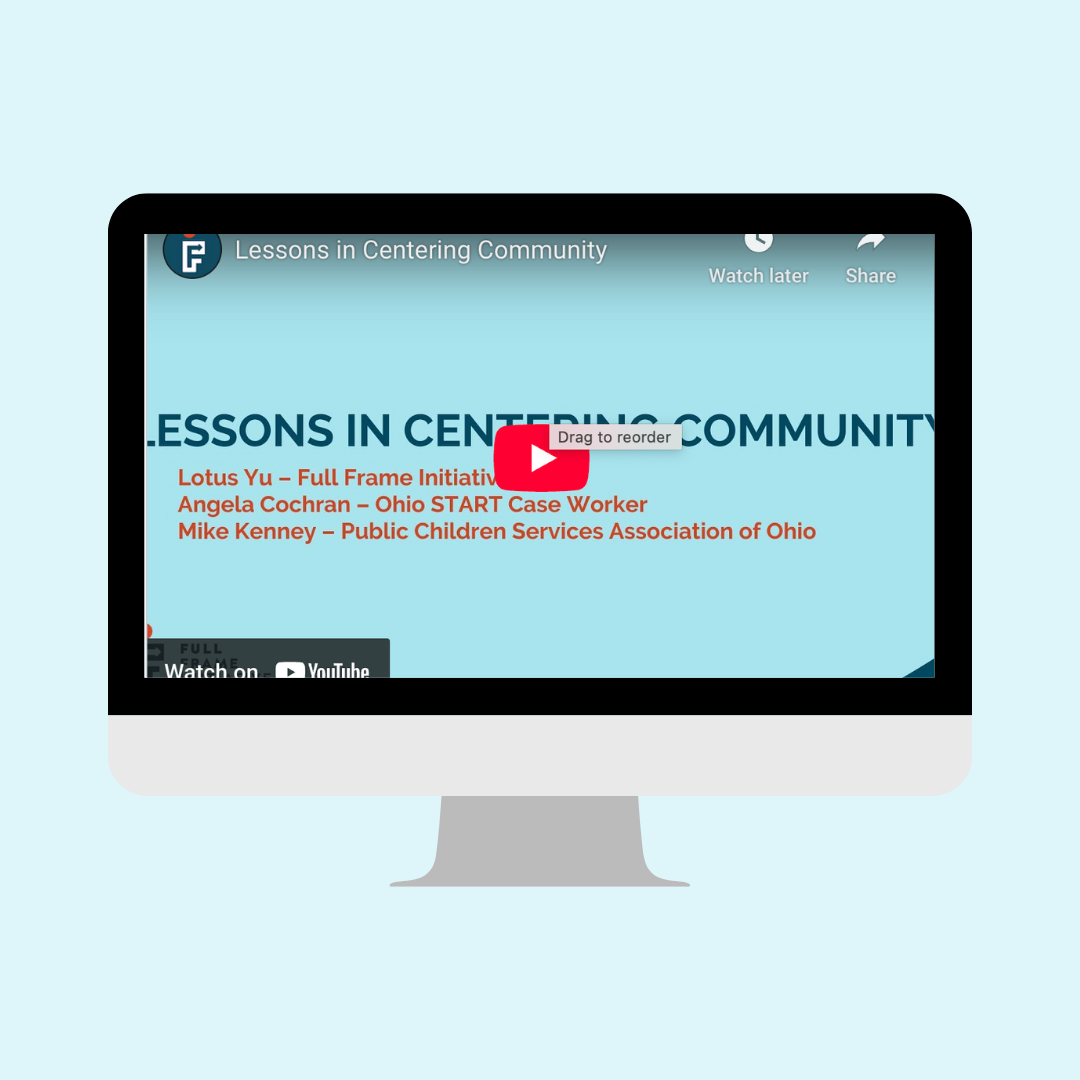
Full Frame Initiative was joined by Angela Cochran, Ohio START Caseworker in Trumbull County, Ohio and Mike Kenney with the Public Children Services Association of Ohio (PCSAO), who shared about their two-and-a-half-year journey toward centering community and co-creating a framework that is led by those most impacted.
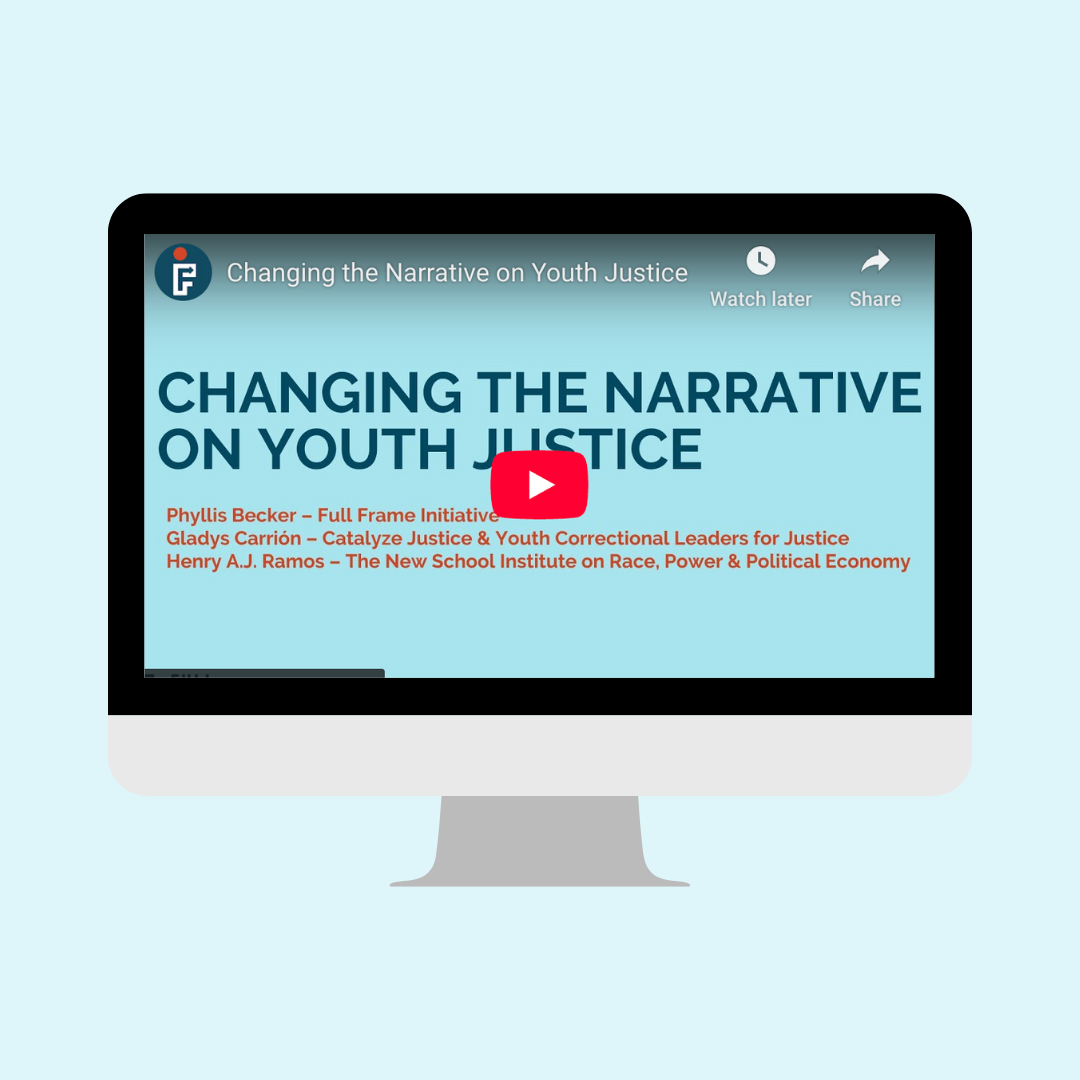
In early 2024, FFI Senior Fellow Phyllis Becker was joined by Henry A.J. Ramos and Gladys Carrión, two leaders who are transforming both the narratives that shape perceptions of crime and the systemic responses. Tune into their conversation as they shift the narrative on youth justice to highlight solutions that center wellbeing.
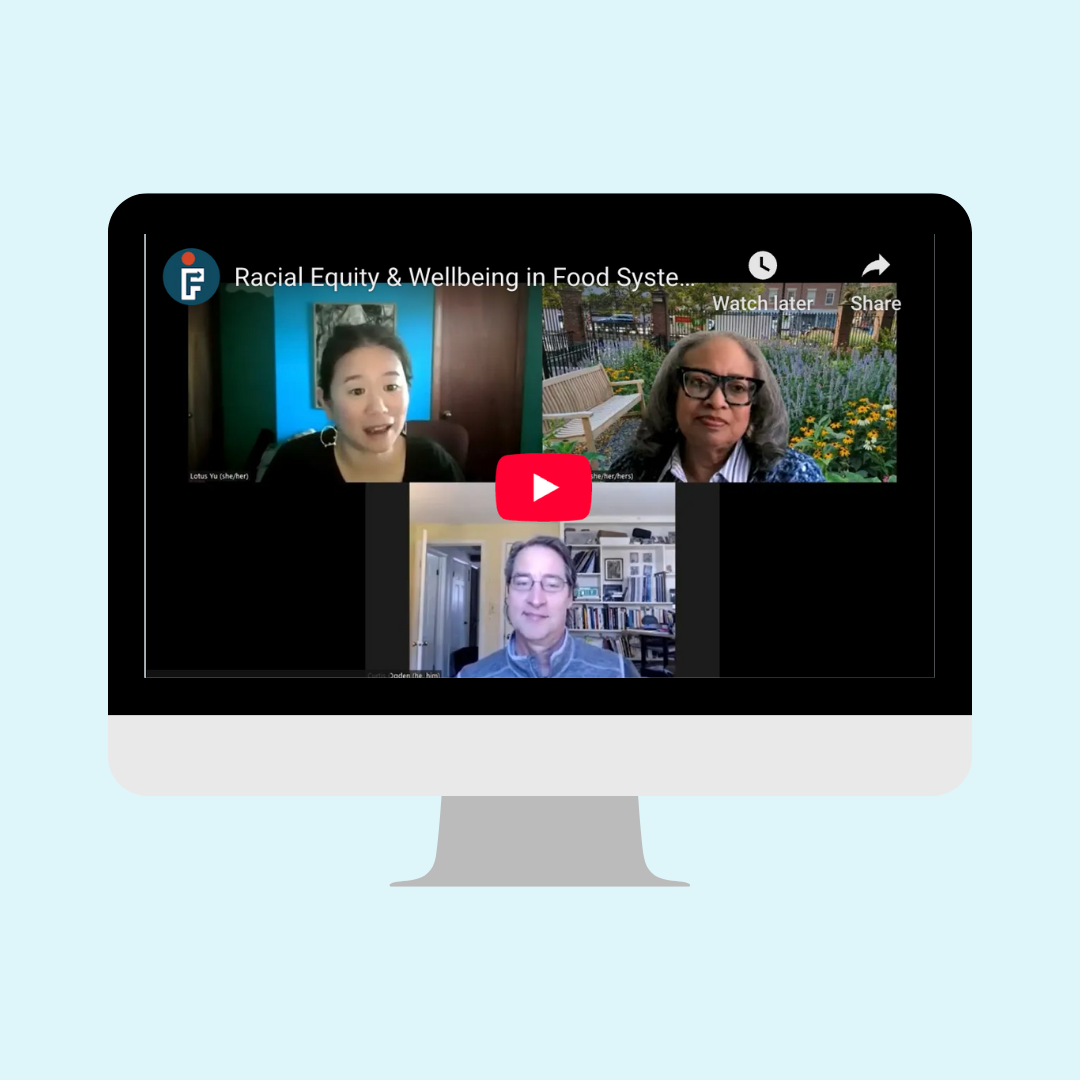
Watch the recording with the Wellbeing Blueprint with Karen Spiller and Curtis Ogden to explore the connections between racial equity, wellbeing and food systems.
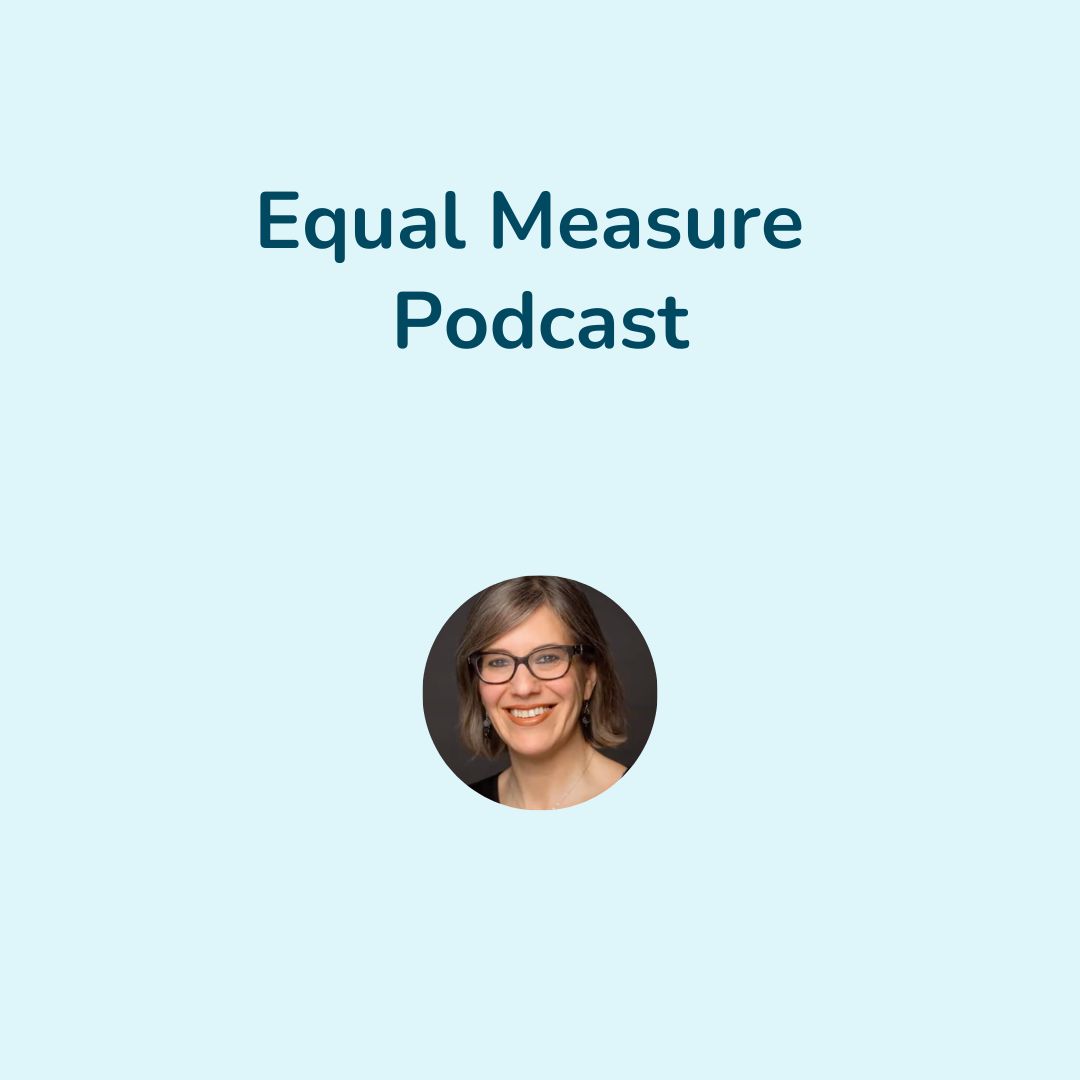
Katya sat down with Equal Measure President and CEO Leon T. Andrews, Jr. to discuss the Five Domains of Wellbeing, the importance of sustained funding for systems change and FFI’s mission transition.
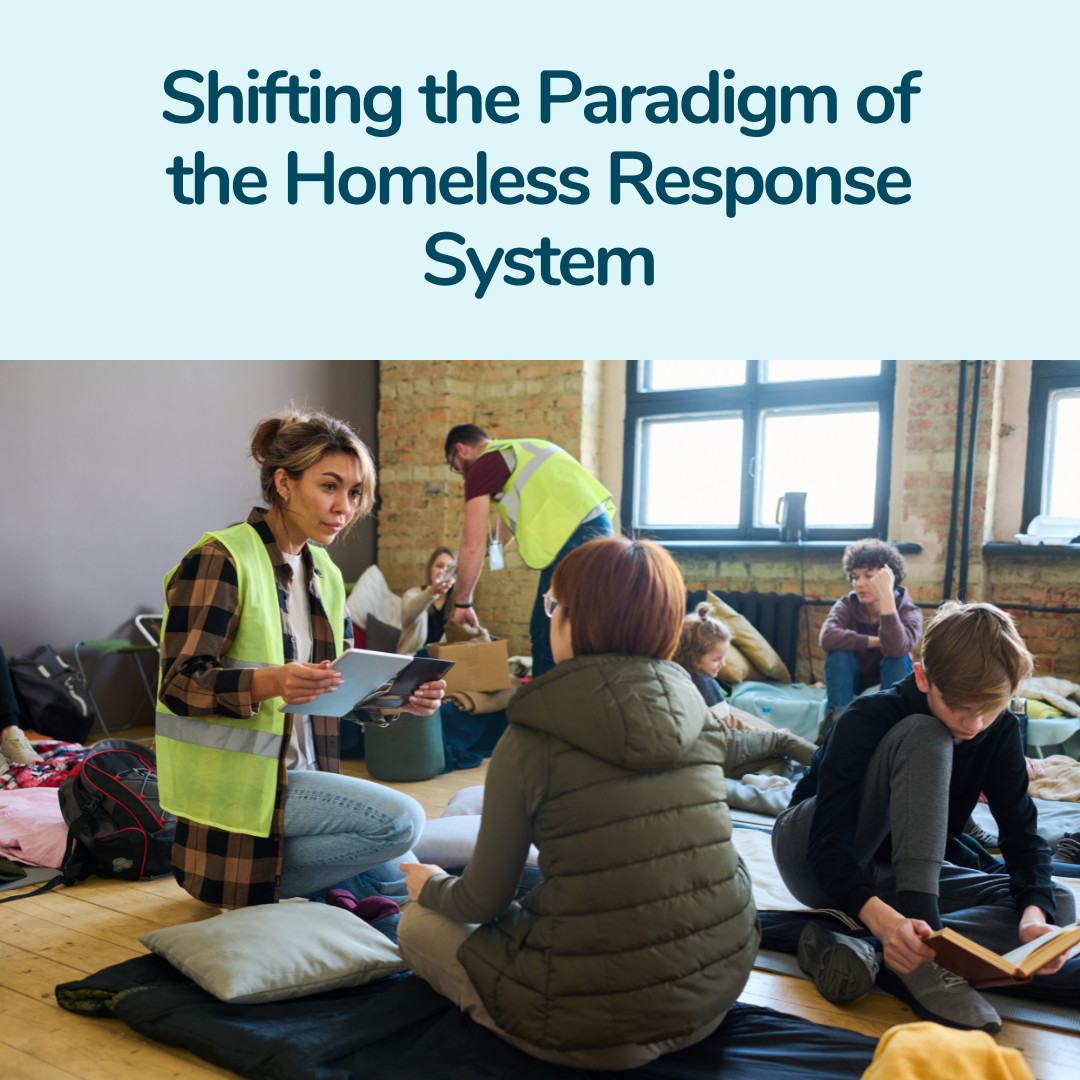
Learn how Seattle-King County is shifting the paradigm of the homeless response system by adopting a wellbeing approach.